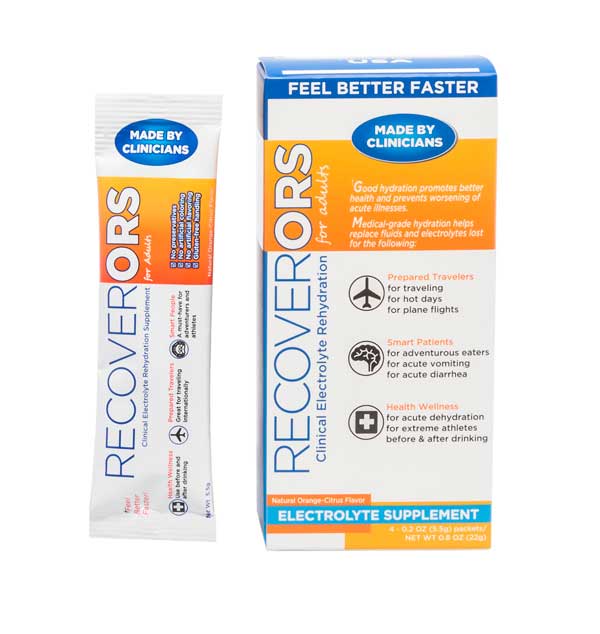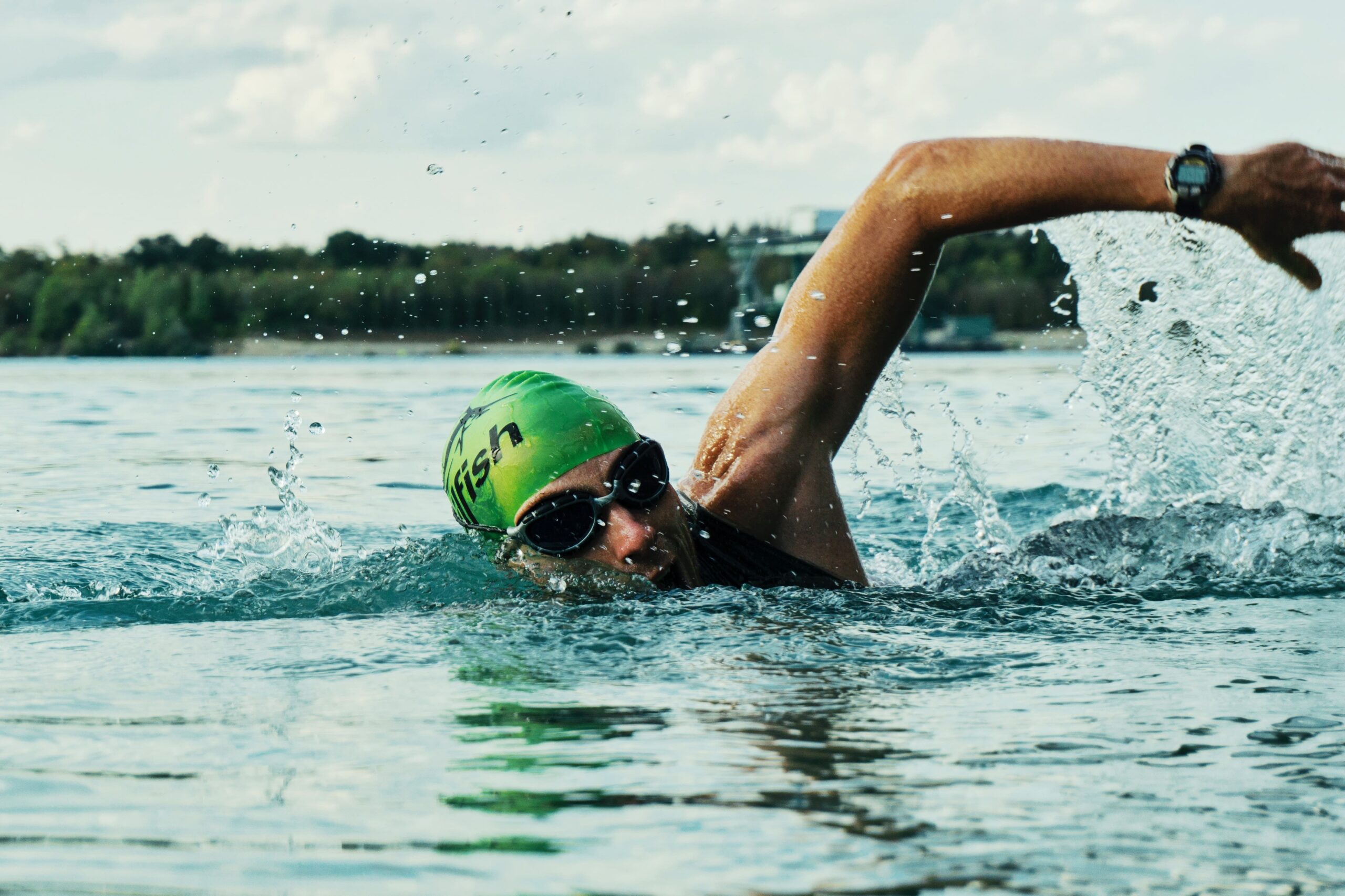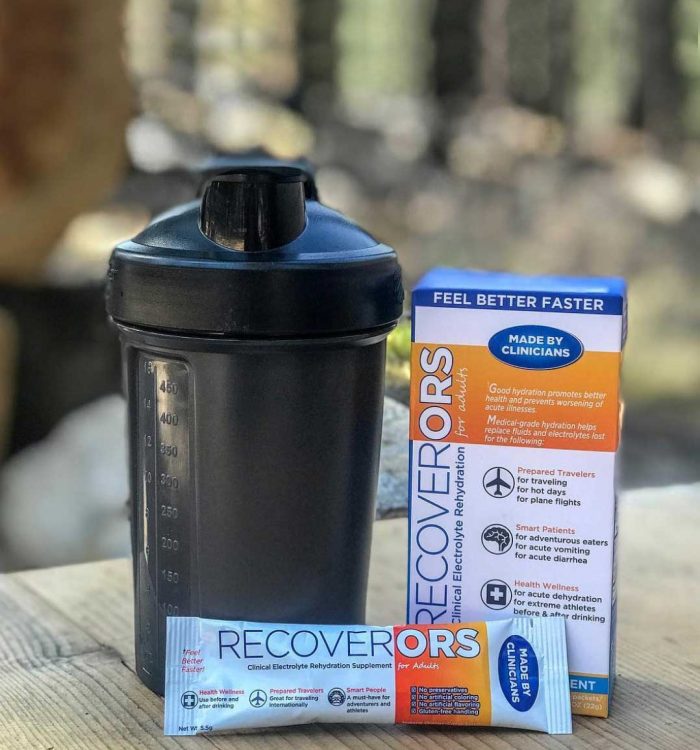Hiking is a thrilling outdoor sport that enables you to keep active and interact with nature. If you are going on a lengthy excursion or a little hike, being hydrated with the best electrolyte drinks is essential for your safety and effectiveness. Fatigue, cramps, and even more serious health problems can result from dehydration.
Effective Hiking Hydration Techniques
Bring Enough Water With You
You should pack the right amount of water for your journey, taking into account its length and difficulty. Planning for at least half a liter (17 ounces) of water per hour of moderate exertion is a decent rule of thumb. You can drink from water bottles, powdered drink mix, hydration bladders, or a combination of both. Ensure that the water you carry is accessible.
Purchase A Hydration Pack
Hydration packs are backpacks with water bladders already built in and a tube for convenient drinking. They make it possible to drink while moving and are highly practical for hikers. For longer hikes, think about spending money on a high-quality hydration pack.

Eat Hydrating Foods As Snacks
Foods having a high water content can help you stay hydrated in addition to drinking water. Snack on fruits, including oranges, berries, and melons. Celery and cucumbers are two additional healthy choices. These foods supply both necessary nutrients and hydration.
Watch The Color Of Your Urine
Looking at the color of your urine is a quick and easy technique to determine how hydrated you are. Urine that is straw-colored or pale yellow suggests adequate hydration. You should consume more water if the color is dark yellow or amber.
Change The Electrolytes
Electrolytes like sodium and potassium are among the electrolytes that are lost when you perspire. Consider ingesting sports and energy drinks or foods like trail mix that contain these minerals to prevent electrolyte imbalances.
Avoid Drinks That Are Sweet And Caffeinated
Dehydration can be caused by excessively caffeinated beverages and sugary drinks like soda. Instead, stick to drinking water, herbal teas, or electrolyte beverages. These choices will aid in maintaining proper hydration for you.

Recognize The Dehydration Symptoms
For rapid action, early identification of dehydration signs is essential. The signs include excessive thirst, dark urine, dizziness, a rapid heartbeat, and dry mouth. Take a moment, unwind, and drink some water if you experience any of these.
Set A Schedule For Hydration
Create a timetable for your oral rehydration therapy rather than waiting until you are thirsty. Even if you don't feel thirsty, sip water every 15-20 minutes. This makes it easier to stay consistently hydrated throughout your trip.
Prepare For Hikes Wisely
When organizing your hikes, take the terrain and weather into account. High heights, hot, dry weather, and other environmental factors can all raise your risk of dehydration. Carry additional water and hike at a faster speed as needed to be ready.
Conclusion
Hiking may be both dangerous and pleasurable if you stay hydrated. Be sure to start hydrating before your hike, bring plenty of water, the best hydration drink for hiking, munch on foods that are high in water content, and establish a regular drinking pattern. You may improve your performance on the trail and lower your risk of dehydration-related problems by using these straightforward hydration measures. Making the most of your outdoor activities and maintaining your health while doing so is possible with the correct hydration strategy in place.
You may notice sportsmen drinking colorful beverages from their water bottles when you see them at the gym or on TV. These sports drinks are essential for improving the performance of athletes. Sports drinks mainly include carbohydrates and electrolyte replacement, which are comprised of starches and sugars that provide energy. This article will explain and show you how the carbohydrates in sports drinks help athletes stay hydrated and maintain their energy levels while they work.
Why Athletes Need Carbohydrates
Increased Energy
Whether they are participating in team sports, cycling, or running, athletes require a lot of energy to perform at their best. Energy can be obtained quickly and conveniently from carbohydrates. Athletes who take carbs can keep up their energy levels throughout lengthy and demanding activities.
Delaying Tiredness
Your body may deplete its glucose reserves while exercising. Athletes could become exhausted and perform worse as a result of this. Consuming carbohydrates while exercising can help prevent this weariness by giving working muscles a steady supply of energy.

Replacement of Glycogen
Glycogen, a type of glucose that is stored in your muscles, acts as a vital energy reserve. These glycogen reserves are depleted by vigorous exercise. After exercise, consuming carbs helps restore glycogen, enabling athletes to recover more quickly and be prepared for their upcoming practice or game.
Types of Carbohydrates in Sports Drinks
Sports drinks often use sugars as their primary source of carbs, such as glucose, fructose, and sucrose. These carbohydrates' ease of digestion and absorption make them ideal for obtaining quick energy. Many sports drinks contain maltodextrin, a starch-derived carbohydrate. Maltodextrin provides an energy release that lasts longer.
Carbohydrate Concentration in Sports Drinks
The best sports drink for hydration can include varying amounts of carbs. There are three types of carbs which are mentioned below:
Hypotonic
These beverages are more diluted since they have a lower carbohydrate content. They are easily absorbed by the body and made for immediate fluid replacement. Hypotonic beverages are beneficial for brief, less strenuous activity.

Isotonic
Sports drinks that are isotonic resemble the body's natural fluids in that they have a reasonable percentage of carbs. They are appropriate for a variety of sports and activities because they are created to deliver hydration and energy throughout moderate-intensity exertion.
Hypertonic
Sports beverages that are hypertonic include more carbohydrates. They are intended for replenishing following a workout rather than for hydration during exercise. When a quick replenishment of carbohydrate reserves is required, these drinks can be useful.
Conclusion
Carbohydrates are essential for athletes to function at their best in the realm of sports. Sports beverages with carbs help athletes stay alert and avoid weariness by replacing their glycogen stores after an intense workout. The intensity and duration of your activity should, however, be taken into consideration while selecting the best kind of sports drink.
Isotonic sports drinks are frequently sufficient to keep you hydrated and energized during routine workouts or games. For specific recommendations on your carbohydrate consumption during sports and exercise, always seek the advice of a healthcare provider or sports nutrition specialist for the best hydration drink. You may fuel your performance and continue to perform at the top of your game by including the proper carbohydrates in your sports drink.
The sun is shining, and the trail is calling you ahead when you're out in the wilderness, surrounded by tall trees and rough terrain, starting an exhilarating hiking journey. But as you travel further, you begin to experience the symptoms of dehydration. You become fatigued as your energy levels decline. This article will explain how Recover ORS Drink can help you out in this situation by providing you with portable, lightweight hydration options that can significantly improve your hiking experience.
What Are Electrolyte Drinks?
Small, soluble drinks, known as electrolyte drinks, are filled with calcium, magnesium, salt, and other vital minerals. These minerals are essential for controlling many biological processes, such as controlling muscle contractions and hydration levels. Your body loses electrolytes through sweat during hiking, particularly in hot, humid circumstances. Your health depends on replenishing these electrolytes that were lost.
Lightweight and Easy to Carry
Electrolyte drinks' portability is one of their main advantages for hikers. These drinks are the ideal addition to your trekking equipment because they are made to be portable and small. You can put a few electrolyte drinks into your pocket or backpack without adding much weight, unlike large water bottles or weighty hydration bladders.

Every ounce of weight matters when you're hiking. Being fatigued and moving slowly are also effects of carrying big burdens. Electrolyte drinks are a quick and easy way to stay hydrated without carrying extra weight. You only need to take electrolytes for hiking into your water bottle to get started.
Beat the Heat and Prevent Dehydration
Dehydration is a serious concern when hiking in hot weather, and it can be difficult. Dehydration can cause a variety of concerns, ranging from diminished energy to more serious conditions, including heat exhaustion or heatstroke. You can use electrolyte drinks as a hidden weapon to beat the heat and maintain sufficient hydration.
In the heat, sweating causes you to lose essential electrolytes in addition to water. The electrolyte balance in your body could become unbalanced if you just consume plain water. By assisting you in maintaining the proper balance, electrolyte drinks help you avoid dehydration and its unpleasant effects. Even on sweltering days, they can keep you feeling motivated and prepared to attack the course.

Enhanced Muscle Function
Your leg muscles work extremely hard to carry you along rocky paths and up steep inclines while you're hiking.
By taking these drinks, you give your muscles the assistance they require to function at their peak. As a result, your muscles won't cramp up as much when you're hiking, allowing you to trek farther and more confidently explore new paths.
Conclusion
Electrolyte drinks stand out as the clear winner in the realm of trekking, where every ounce counts, and staying hydrated is of utmost importance. They are a crucial component of your hiking electrolytes because of how lightweight and handy they are. These tiny drinks will help you keep properly hydrated, combat the heat, and maintain peak muscle performance, which will completely change your hiking experience.
Therefore, remember to bring some electrolyte drinks the next time you head out on the route. They might just hold the secret to a more pleasurable and comfortable hiking experience, enabling you to experience nature fully. Hike safely, pack light, and keep hydrated!



